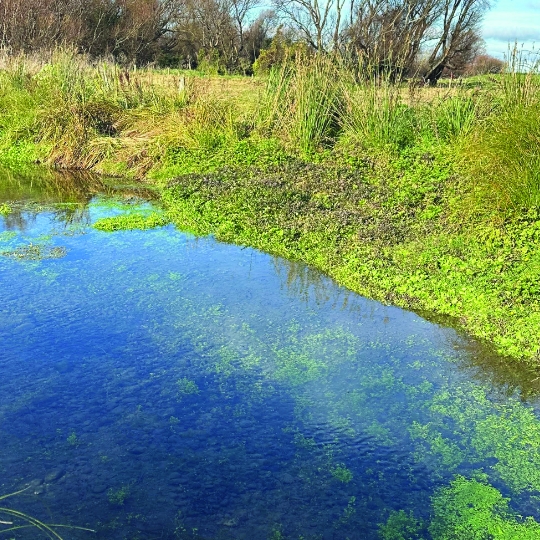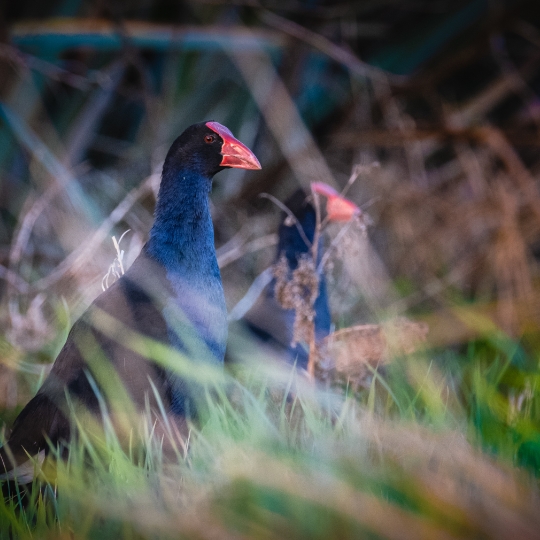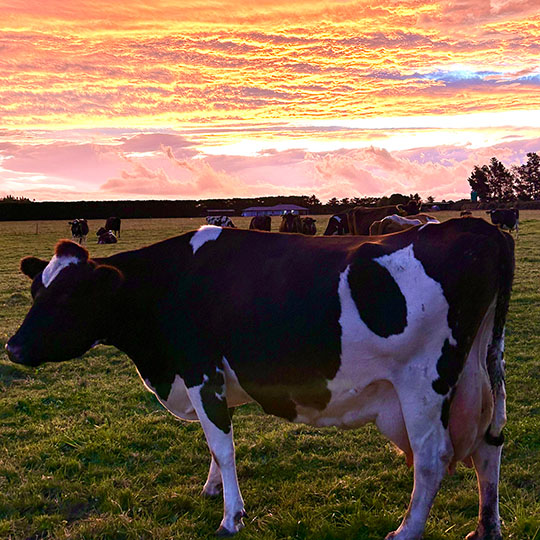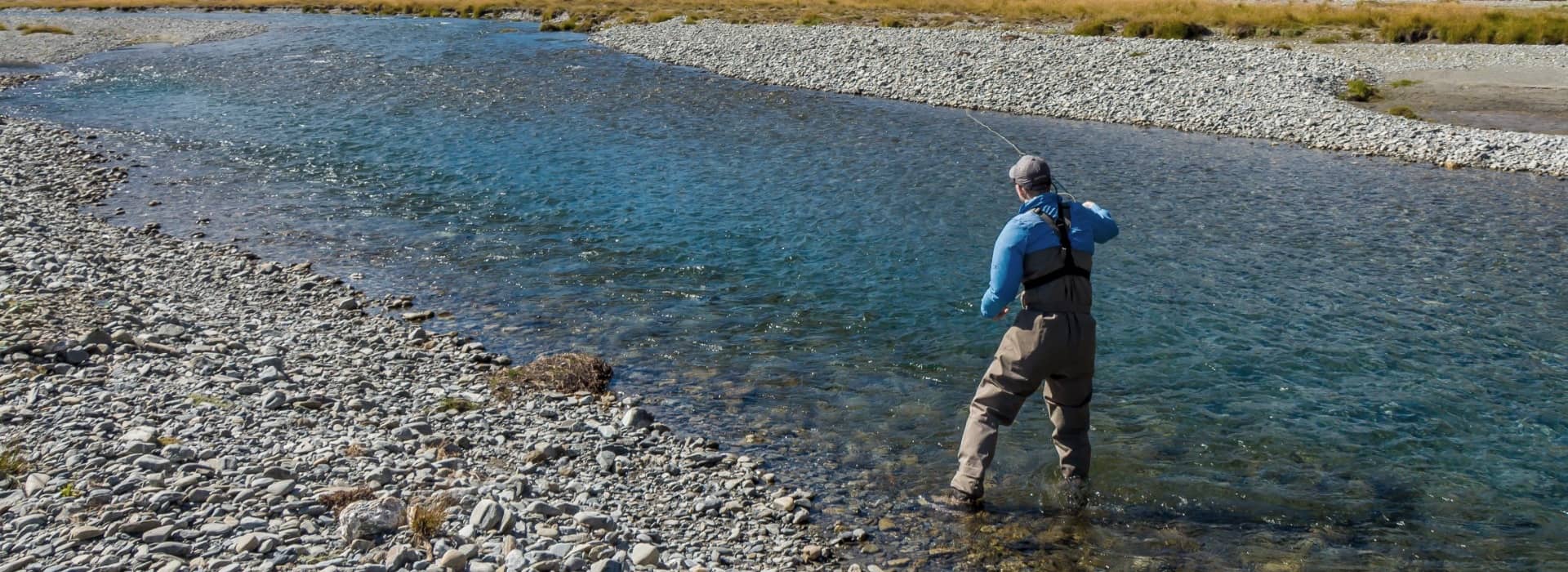

Willowmere Hororata.
Located near the foothills of the Southern Alps, Willowmere Hororata farms organically. This means a dedicated focus on environmental sustainability that begins and ends with the care of the land.
Willowmere Hororata has developed a native planting plan, applying regenerative practices to improve overall ecological function in an organic farming system. Native plant communities, dominated by tree species that are consistent with the indigenous species and tree boundary plantings, have been established, enhancing ecological connectivity, and increasing functional habitat on the Canterbury Plains.
Extensive riparian planting along Cordys Creek has been carried out with the intention of enhancing breeding habitat and food services for Canterbury mudfish Kōwaro by way of water filtration, and food in the form of insects and worms.
Impact.
Short term.
- 2,000 native seedlings planned to be planted.
- Increased habitat for helping to create a safe nursery to increase Kōwaro Canterbury mudfish populations.
- Increased native biodiversity, creating habitat for native wildlife (insects, frogs, reptiles, and birds), stabilising soil, recreating linkages, and vegetation sequences, enhancing water quality and landscapes and providing a sense of place and Canterbury identity.
Longer term.
- Podocarp forest is large enough to be functional and includes plantings of kahikatea, miro, mataī and tōtara.
- Abundant range of fruits and foods from podocarp forests supporting larger communities of insects and native birds.
- Sustainable seed source for plant species endemic to the Canterbury Plains.
- Increased mahinga kai values.



